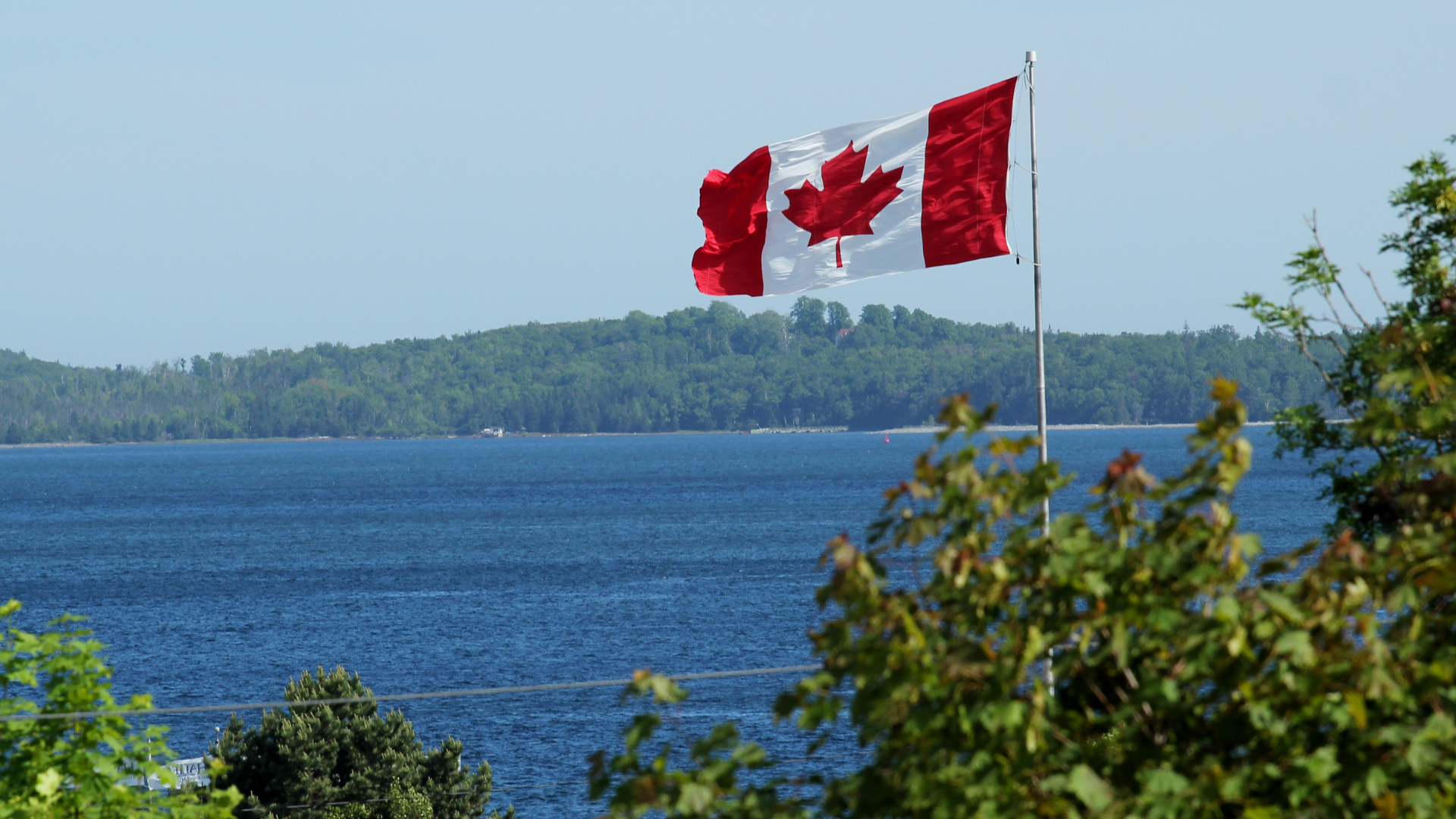Rural and Northern Immigration Pilot Program Comes to an End

The Rural and Northern Immigration Pilot (RNIP) has
officially closed as of August 31. This program, launched in August 2022, was
designed to encourage newcomers to settle in remote regions of Canada. The goal
was to address the shortage of skilled workers in rural and northern
communities by connecting them with local settlement services and established
members of the community.
Key Dates and Program Details
Communities participating in RNIP had until July 31 to
recommend candidates to Immigration, Refugees, and Citizenship Canada (IRCC).
The final deadline for recommended candidates to submit their permanent
residence (PR) applications was August 31.
Under the RNIP, each participating region could invite up
to 125 candidates per year, with a total program capacity of 2,750 newcomers.
While many newcomers typically prefer to settle in large cities like Toronto or
Vancouver, the RNIP aimed to attract skilled workers to smaller, rural areas
where their expertise was urgently needed, especially in sectors like
healthcare and trades.
A New Program on the Horizon
Though the RNIP has ended, IRCC is introducing a new
immigration pathway called the Rural Community Immigration Pilot Program. This
new program is set to launch this fall and will focus on supporting economic
growth in Canada’s more remote regions, much like the Atlantic Immigration
Program (AIP). The AIP offers additional support to designated employers, who,
in turn, provide extra assistance to their employees—a model the new pilot
program is expected to follow.
IRCC has yet to announce which communities will be eligible
for the new pilot program or the specific criteria for newcomers. However, the
goal remains to create a permanent rural immigration program that will help
address the unique economic and demographic challenges faced by rural and
northern communities.
Looking Forward: Pilot Programs and Their
Impact
Canada’s immigration pilot programs typically last five
years, allowing IRCC to gather data and assess their success. Some pilots, like
the AIP, have even been made permanent due to their effectiveness. In addition
to the new Rural Community Immigration Pilot, IRCC has also announced the
Francophone Community Immigration Pilot, set to launch this fall, which aims to
increase the number of French-speaking newcomers settling outside of Quebec.
The closing of the RNIP marks the end of one chapter in
Canada’s rural immigration efforts, but the introduction of new programs shows
a continued commitment to supporting the growth and development of these vital
communities.






